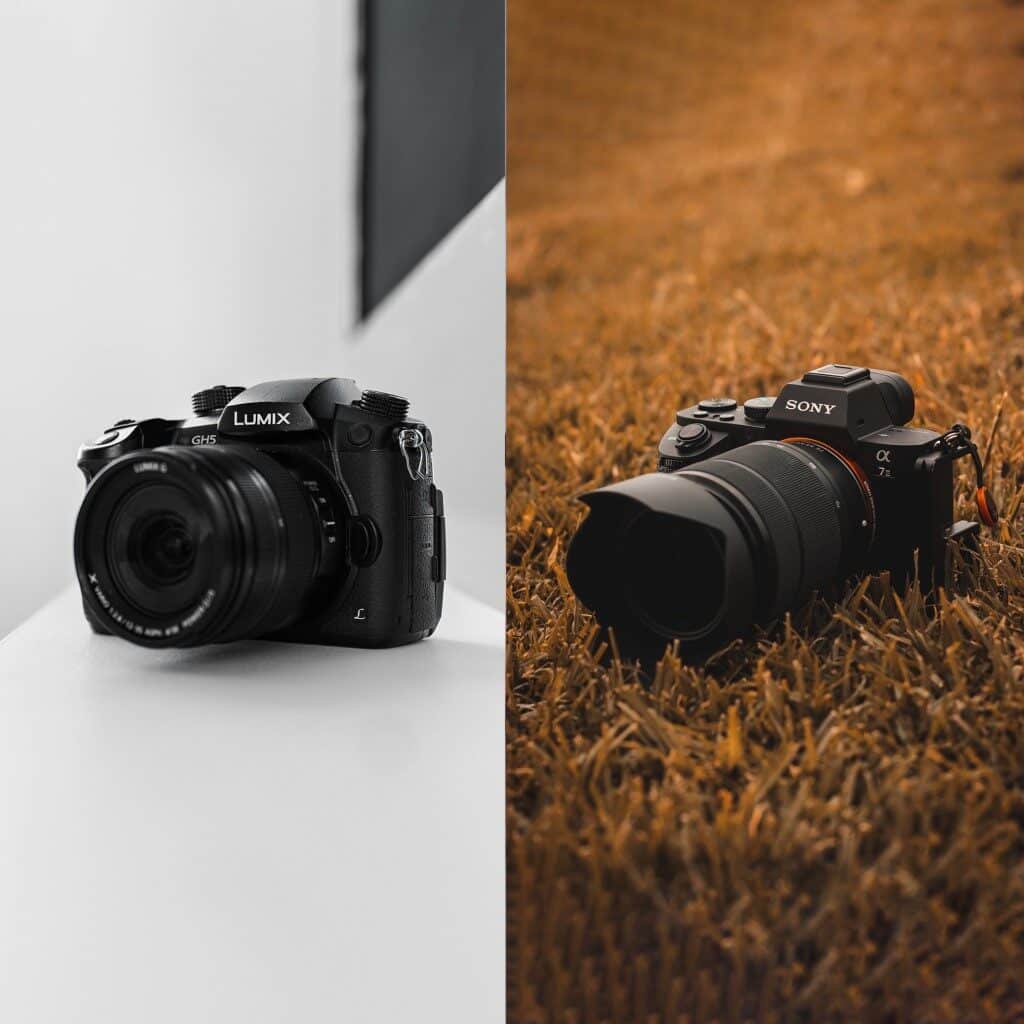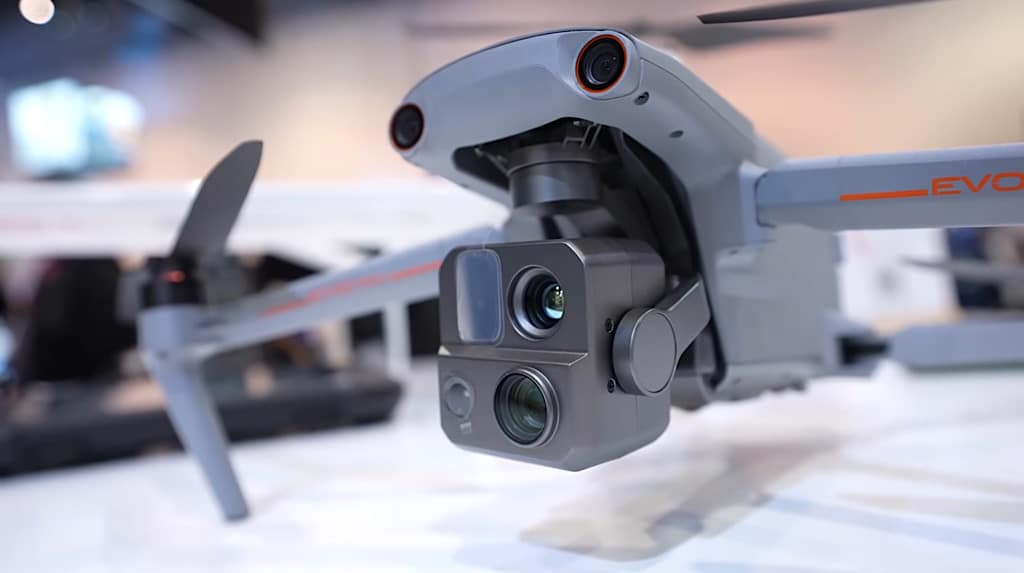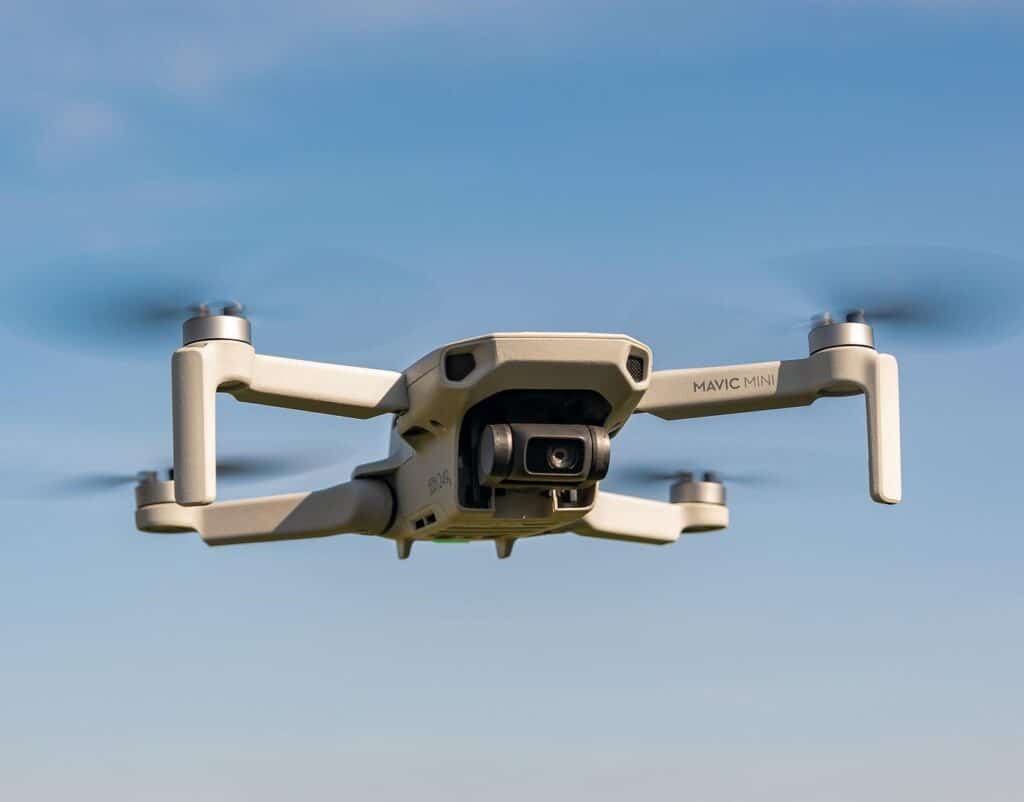When you purchase through links on our site, we may earn an affiliate commission. Learn more...
Should You Remove The Battery When Not Using Your Camera?
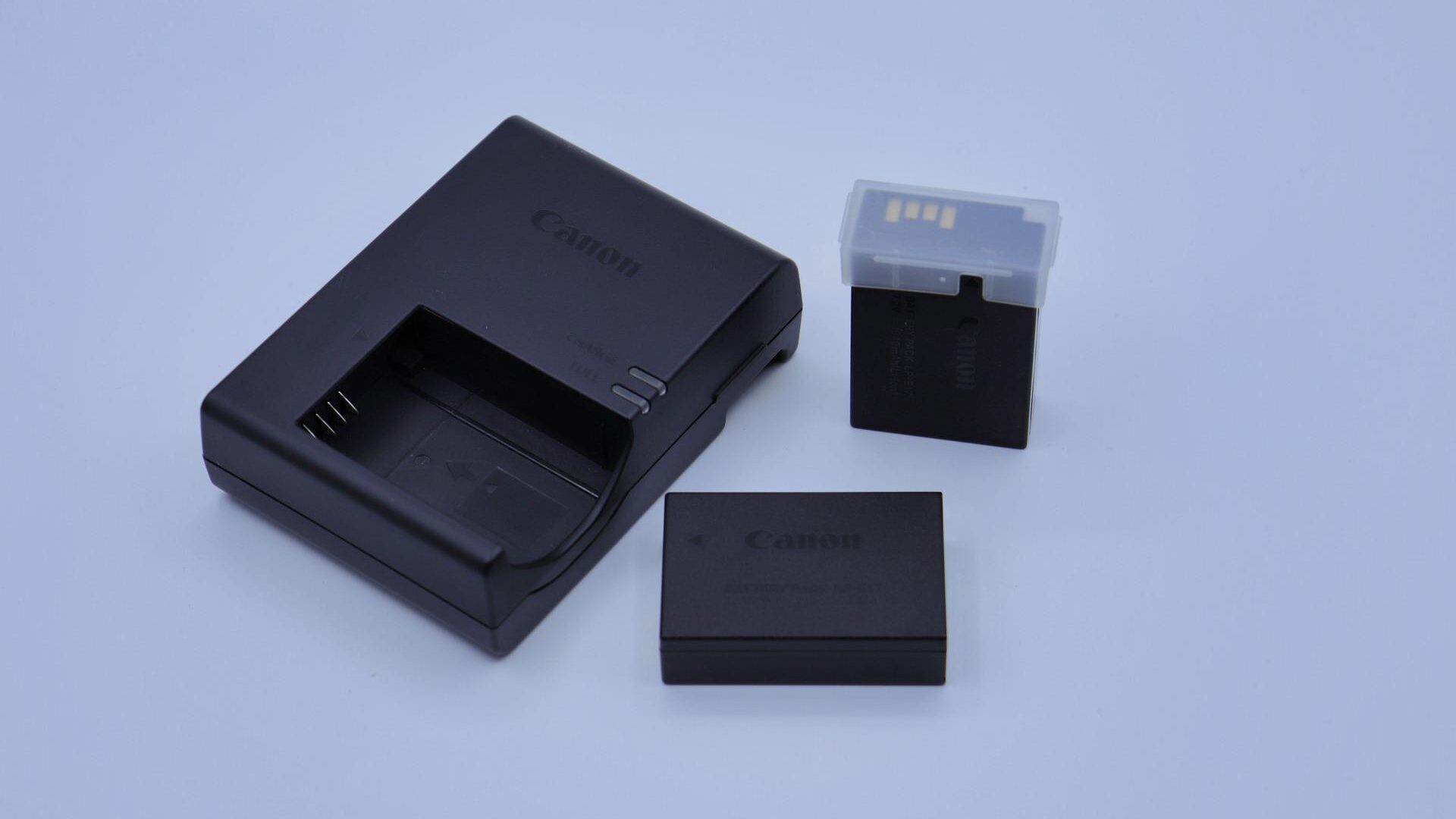
You’re in a bustling city, and the perfect urban sunset unfolds before your eyes. The hues are exquisite, and the skyline is bathed in golden light. You reach for your camera, eager to capture this fleeting beauty. But wait, where’s your battery?
So, the question of today’s article is the following: “Should you remove the battery when not using the camera?”.
Mark my words, by the end, you’ll have a clearer picture of how to make this decision that can impact both your photographic endeavors and your equipment’s longevity!
Should you Remove the Battery when your Camera is not in use?
Cameras are equipped with rechargeable batteries, typically lithium-ion batteries, which have a limited number of charge and discharge cycles before they degrade in performance.
To maximize the lifespan of your camera battery and reduce the frequency of replacements, consider the practice of removing the battery when the camera is not in use.
Avoiding Continuous Discharge
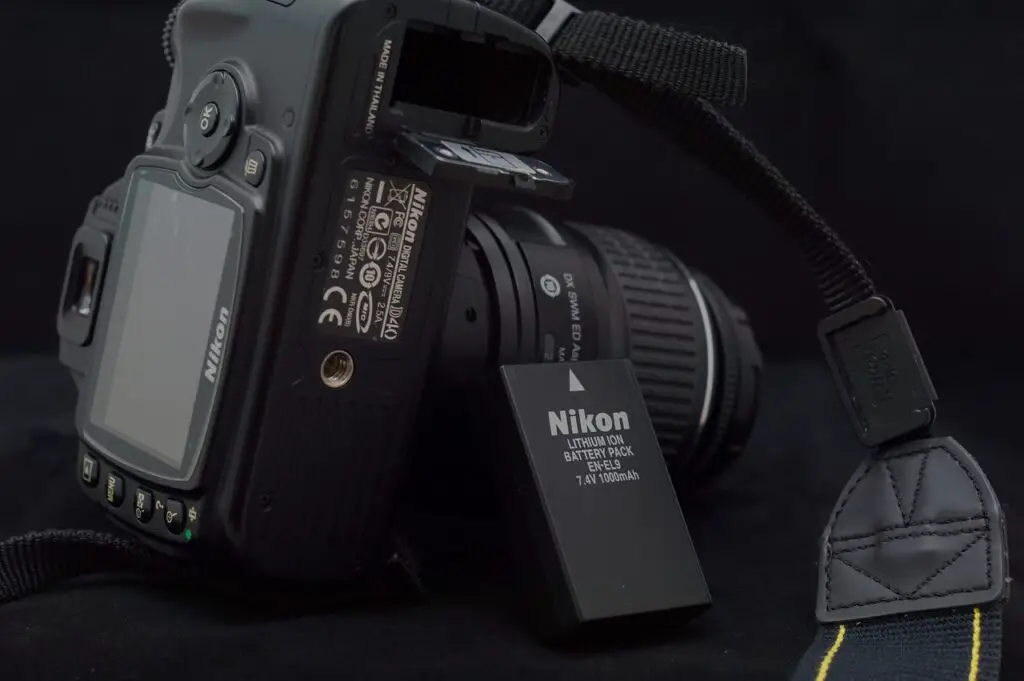
Inside a battery, chemical reactions occur to produce electricity. When the battery is in the camera, even when the camera is turned off, some low-level internal processes can draw a small amount of power.
All batteries, to some extent, self-discharge over time. This continuous discharge can lead to a gradual reduction in the battery’s capacity. But when your battery’s out of your camera and stashed away correctly, it chills out and self-discharges way slower.
In general, battery life varies by brand and model of camera, but most batteries will last for at least five years if they are regularly charged and removed from the device when not in use.
Reducing the Need for Frequent Battery Replacements
By adopting the practice of removing the battery when not in use, you can enjoy several benefits that reduce the need for frequent battery replacements, ultimately saving you money:
- Extended Lifespan: Batteries that experience less frequent and slower discharge cycles tend to have a longer lifespan. This means you can use the same battery for a more extended period before needing to replace it.
- Cost Savings: Camera batteries, especially proprietary ones, can be relatively expensive. By prolonging the life of your camera battery, you reduce the frequency of having to purchase new ones, saving you money in the long run.
- Environmental Impact: Fewer battery replacements also mean fewer batteries ending up in landfills, which is more environmentally friendly. Considering the climate crisis we are experiencing right now, protecting the environment is quite significant.
Risk of Battery Corrosion
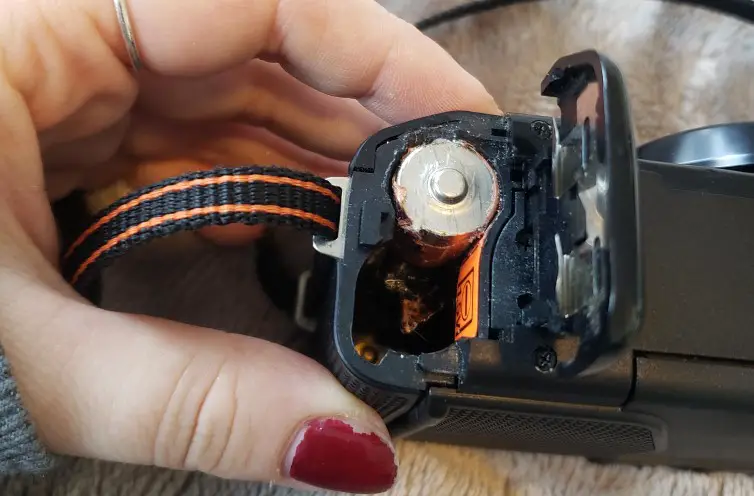
Self-discharging is not the only issue that ion batteries face. When a camera battery is left inside the camera for a long time without being used, several factors can increase the risk of battery corrosion:
- Chemical Reactions: As mentioned, inside the battery, chemical reactions take place to generate power. When the battery is left unused, these chemical reactions can become erratic, potentially leading to the leakage of corrosive electrolytes.
- Moisture and Humidity: High humidity or moisture levels in the storage environment can accelerate the corrosion process. Moisture can seep into the camera and the battery compartment, exacerbating the problem.
- Temperature Fluctuations: Extreme temperature fluctuations, especially high temperatures, can also promote corrosion within the battery.
- Battery Age: Older batteries are obviously more prone to corrosion, as their internal chemistry may be less stable.
Best Practices for Battery Preservation
To make the most of your battery, make sure to follow some of the “guidelines” below that I have used over the years and know that work:
- Remove the battery from your camera when you know you won’t use it for an extended period.
- Store the battery in a cool, dry place away from direct sunlight and extreme temperatures.
- Regularly check and recharge stored batteries to prevent over-discharge.
Why You Might Want to Keep the Battery In
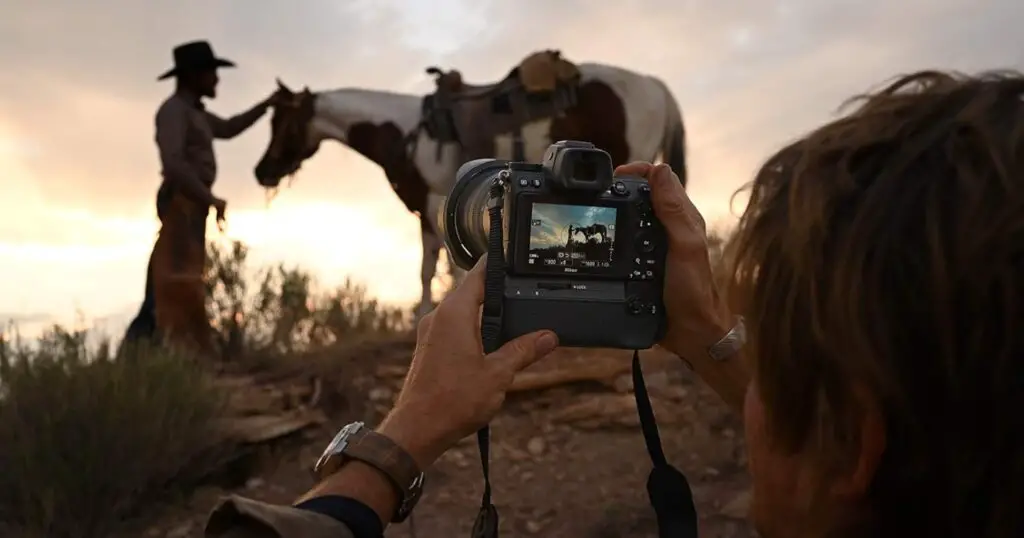
There are a few reasons I can think of why would may want to keep the battery inside your camera. Not including the fact that you might feel too lazy to remove it.
Spontaneous Shots
Life is full of unplanned, beautiful moments. Having your battery in means you won’t miss out on those candid shots, whether it’s a stunning sunset, a funny pet moment, or a surprise event.
Needless to say, if you are on vacation, the battery should always be inside the camera for obvious reasons.
Professional Opportunities
For photographers on the go, having your camera ready can be a game-changer. Missing a crucial shot because your camera isn’t prepared can be a career-altering moment.
Even at half-time of football-basketball matches( mainly for journalists and videographers), you cannot afford to turn off the camera and remove the battery unless it runs out of power.
Reduced Frustration
Think about that feeling when you fumble around looking for a missing battery while something incredible is happening right in front of you. Keeping your battery in can save you from the frustration of missing out.
Final Thoughts
Adopting the practice of removing your camera battery when it’s not in use is a simple but effective way to extend its lifespan.
By doing so, you reduce continuous discharge, slow down the natural aging process of the battery, and ultimately save money by prolonging the time between battery replacements.
This approach not only benefits your wallet but also contributes to a more sustainable and eco-friendly approach to camera battery management.


